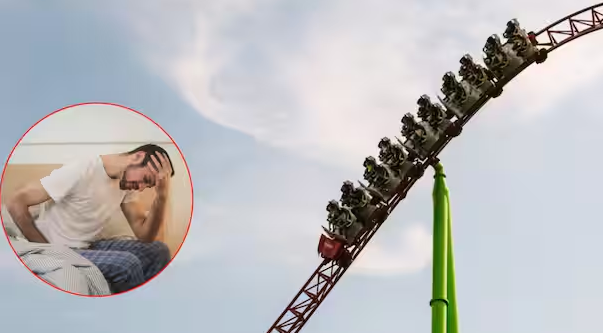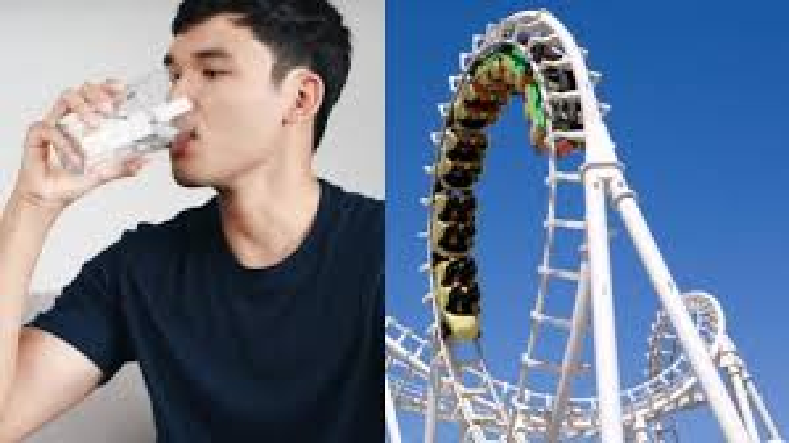Does riding a roller coaster cure kidney stones? How much truth is there in this claim?
- bySherya
- 29 Oct, 2025

In a study on kidney stones, a model's kidney stones were dislodged when placed on a roller coaster. However, it's worth noting that this research was conducted on a model kidney, not on real patients.

Kidney stone problems have become increasingly common these days. People suffering from severe pain, burning, and difficulty urinating often seek new treatments. Meanwhile, a recent claim surfaced that surprised everyone. It was claimed that riding a roller coaster can help dislodge kidney stones. While many may find this difficult to believe, a study conducted in the United States attempted to verify this. So, we'll tell you whether riding a roller coaster can actually cure kidney stones and how much truth there is in this claim.
How did this strange claim come about?
The claim that riding a roller coaster can cure kidney stones first gained traction when some people reported that their kidney stones passed after riding Walt Disney World's Big Thunder Mountain Railroad ride. Following this claim, doctors at Michigan State University in the US decided to investigate this claim. A 3D-printed silicone model of a human kidney was created, containing urine and three kidney stones of different sizes. Then, placing this model in a bag, the scientists rode the Disney park's roller coaster ride 60 times. The aim of this study was to determine whether the strong shocks and movement could dislodge stones. The
Research revealed surprising results.
This research revealed that when the model was placed in the rear seat of a roller coaster, stones were passed in approximately 63 percent of cases. In contrast, only 16 percent of stones were passed when the model was placed in the front seat. Furthermore, the greatest effect was seen when the stones were located in the upper part of the kidney. In such cases, all stones were passed in 100 percent of cases when placed in the rear seat.
Research was not done on real patients
In a research conducted by scientists on kidney stones, the kidney stones of a model were dislodged after being placed on a roller coaster. The important thing to note in this research is that it was done on a model kidney and not on real patients. Scientists say that this is preliminary research, whose purpose was to understand whether stones can be dislodged by strong shocks. However, it cannot be claimed that the same effect occurs in humans. Regarding this, many neurologists have also said that, till now no concrete evidence has been found which can prove that kidney stones get dislodged by riding a roller coaster. However, according to some experts, some patients have complained of increased pain of the stones or displacement of the stones after the ride.



